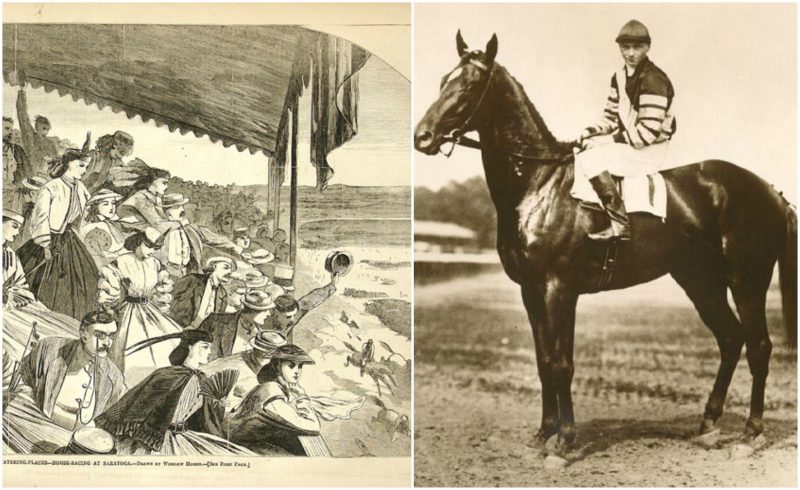On an ordinary August afternoon in 1919, a sports phenomenon occurred at the Sanford Memorial on Saratoga Race Course. Absolutely nobody expected the defeat of sure-shot 2-year-old legend, Man o’War, by a promising young colt, Upset.
There have been many abnormalities in sports history, and with all due respect, it the exact same essence with which sport is built upon – the spirit of competition. Apparently, on that fateful year, the Chicago White Sox were just weeks away from forever besmirching the name of America’s pastime with the controversial “Black Socks” scandal.
Meanwhile, in the world of horse racing, the fates conspired against the greatest thoroughbred of all time who won 20 of 21 races and $249,465 in purses. It would become one of the most amazing upsets (quite literally!) in horse racing history.
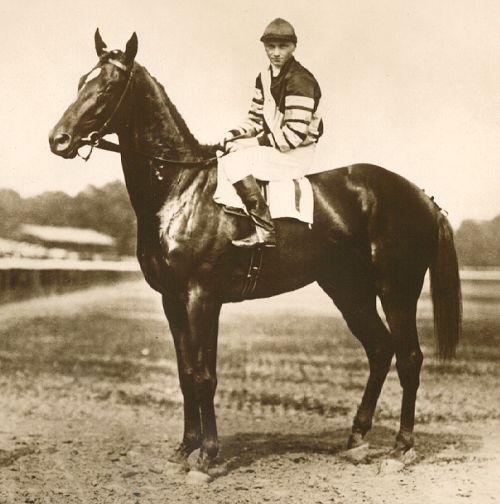
Man o’War, the undefeated chestnut-red thoroughbred, was already becoming a rising star and had a victory streak of six. Known as one of the most imposing racehorses in history, with his 21 entries to post in two years and a height of 5 foot 6 inches, and weight of 1,125 pounds, he earned himself a nickname “Big Red.”
The exciting race was thought to be an everyday cakewalk for the horse who was a crowd favorite until the impossible occurred. One can imagine the worth of betting money which went down the drain.
Man o’War was foaled in March 1917, at Kentucky’s Faraway Farm near Lexington, with Mrs. August Belmont naming the horse so because of her husband who enlisted as a soldier in France during World War I. He was bred by August Belmont, trained by the skilled Louis Fuestel, owned yy Sam Riddle and ridden by Johnny Loftus.
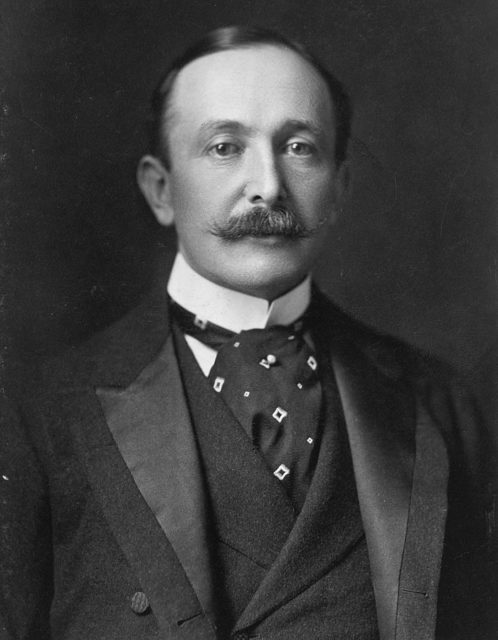
A stable boy once said of him “He’s nice and he’s smart, but don’t ever try to force him or you’ll come out second best every time.” Big Red sired more than 300 horses, many of which would go to become champions such as himself.
“He was de mostest hoss.” were the famous words of longtime groom Will Harbut in his earnest patois. The two-year-old thoroughbred, along with another Roaring Twenties champion, Babe Ruth, would become superstar forerunners of the Golden Age of Sport.
The thing is, Man o’War didn’t have the number of victories as the other champions, but it was his nonchalant ease of achieving a swift win. He made it look so easy, sweeping by the other horses as though he wasn’t even trying.
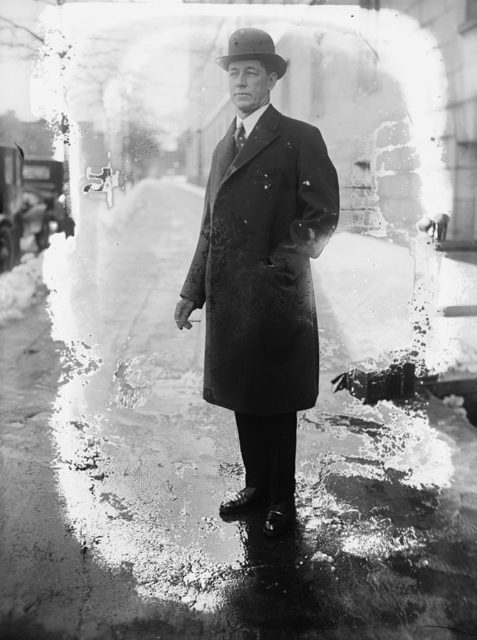
“Eased final 16th” and “Never extended” were regular comments coming from the speakers. That solely set him apart from the other horses.
Starting gates at the 10-horse-fields were not yet in use and the races were deemed “begun” when jockeys forwarded their mounts after a clear signal from their starting line. When the signaling starter’s flag was dropped, Man o’War was not even facing the right direction.
He was slightly turned sideways, costing Loftus a valuable moment to turn him forward. Man o’ War “was almost left at the post,” the Louisville Courier-Journal reports. Upset, at 115 pounds carrying 15 pounds fewer than Man o’War, managed to barely beat the favorite by a half-length, leaving 20,000 jaws to drop at the unbelievable spectacle. Upset pulled off an upset, is what happened.
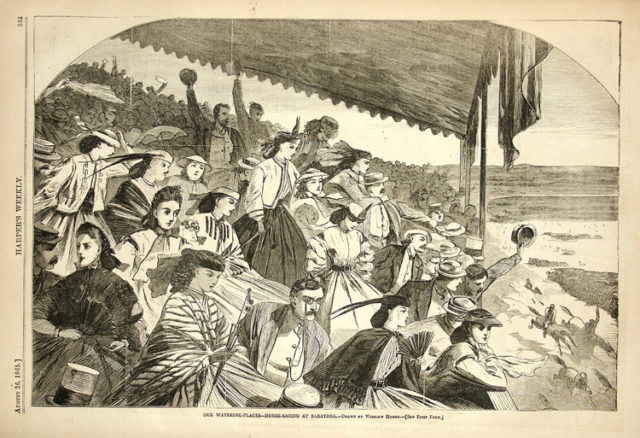
After that minor setback which cost him the only defeat, Man o’War never lost again. Eleven days later, he got his revenge at the Grand Union Hotel Stakes, beating Upset by a whole length and four more considerable victories after that.
But it was that unfortunate loss that was forever engraved in horse racing. That slight inconvenience at the starting line gave the early 20th-century newspaper journalists the greatest pun in newspaper history.
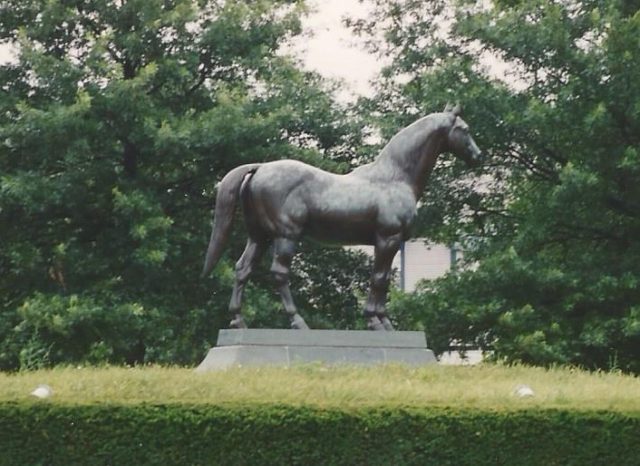
While the meaning of “upset” is widely considered as referring to a surprising loss by a champion to an underdog, it is not attributed to this amazing event. It is an amusing coincidence and the use of the word in horse racing dates to 1877.
After Man o’War’s heart attack on November 1st, 1947, 2,000 mourners gathered to the funeral that was broadcast on radio. His lifetime record reads: “21 races, 20 wins … and one narrow, troubling loss”. Top connoisseurs of the sacred thoroughbred horse racing would state that Big Red was indeed “de mostest hoss.”
